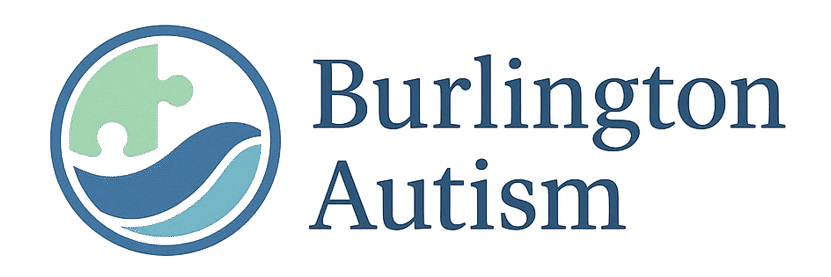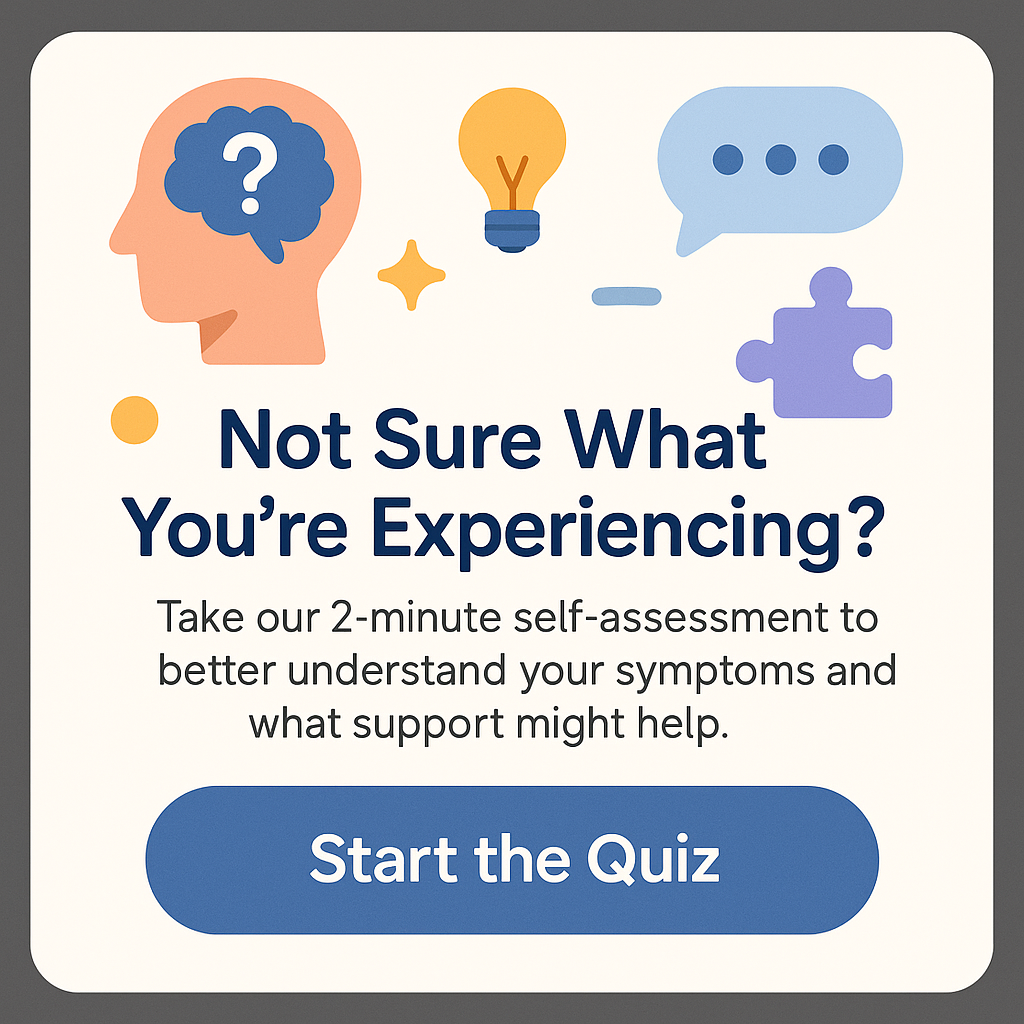What is the most autism-friendly city in the world?
What is the most autism-friendly city in the world? If you’re seeking a place that nurtures and supports individuals with autism, you’ve come to the right spot! Cities worldwide are increasingly recognizing the importance of inclusivity and creating environments that promote understanding, acceptance, and opportunities for those on the autism spectrum. Whether you’re planning a visit, considering a move, or simply curious about how urban areas can contribute to better living conditions for autistic individuals, this article will delve deep into the aspects that make a city truly autism-friendly.
The Criteria for an Autism-Friendly City
When evaluating various cities to answer the question, what is the most autism-friendly city in the world?, several criteria come into play. Understanding these key factors can give us insights into why such cities stand out and how communities can improve.
First and foremost, an autism-friendly city should provide access to specialized services and facilities. This includes healthcare providers who are trained in autism care, schools equipped with special programs for autistic children, and recreational areas that accommodate sensory needs. Facilities such as quiet spaces and calm environments can significantly benefit individuals with sensory sensitivities.
Next up is community awareness and support. The more the public understands autism and its wide array of manifestations, the more friendly and supportive the environment becomes. Initiatives that promote autism awareness through workshops and community events help in dispelling myths and stigma. This heightened awareness paves the way for understanding and acceptance.
Transport systems also play a vital role. A city with well-planned transport enables easier navigation for individuals with autism, making it an essential factor in evaluating autism-friendly features. Public transportation should be reliable, with clear signage, easy-to-understand announcements, and appropriate accommodations.
Another critical element is employment opportunities. Cities that actively work towards creating job opportunities for autistic individuals provide them with a sense of independence and purpose. Local governments and businesses should collaborate to create spaces where everyone can work and thrive together.
Finally, recreational activities that cater to various interests and sensory requirements offer safe outlets for autistic individuals. Parks, centers, and learning hubs that focus on engagement while remaining sensitive to individual needs are essential for fostering an inclusive community.
So, with all that in mind, let’s take a look at some cities that have made remarkable strides in being more autism-friendly.
Exploring Autism-Friendly Features in Different Cities
When considering the query, what is the most autism-friendly city in the world?, three cities often come to the forefront: Amsterdam, Seattle, and Toronto. Each of these cities showcases unique characteristics that enhance the lives of individuals with autism and their families.
Amsterdam: A Trailblazer in Inclusivity
Amsterdam has long been recognized as a city devoted to diversity and acceptance. Its commitment to autism-friendly initiatives makes it a strong contender when discussing the most autism-friendly city in the world. For instance, Amsterdam hosts various organizations that provide support systems specifically designed for autistic individuals.
One notable organization is the Autism Centraal, which offers comprehensive resources and community events tailored towards families and individuals with autism. The city also emphasizes community education, ensuring that locals are well-informed about autism. Schools across the region are integrating special programs that focus on inclusion and flexibility to accommodate various learning styles.
The transportation system in Amsterdam is well-developed, featuring accessible routes that make movement within the city easier. This makes daily activities such as attending school or visiting therapy sessions less daunting for individuals with autism and their families.
Additionally, recreational activities, from sensory-friendly events in museums to quiet corners in parks, provide safe spaces for relaxation and socialization. The blend of thoughtful infrastructure, community support, and educational resources positions Amsterdam as a leading city in autism-friendly initiatives.
Seattle: A Hub of Innovation and Support
Seattle is another great example when exploring what is the most autism-friendly city in the world. The city offers a plethora of resources for families navigating autism, ranging from diagnostic centers to community support groups, making it easier for individuals to access services tailored to their needs.
Organizations such as Autism Society of Washington play an essential role in creating awareness and providing resources for autism education and support. Seattle’s local government has also introduced initiatives that focus on employment opportunities for autistic individuals, further solidifying its supportive environment.
Public spaces in Seattle are designed with accessibility in mind, facilitating mobility for all residents. The city’s range of sensory-friendly activities and community events encourages social engagement and helps reduce feelings of isolation among autistic individuals.
Moreover, Seattle’s public transportation system is often praised for its user-friendliness. With clear signage and accessible services, it becomes easier for individuals on the spectrum to navigate the city independently.
Toronto: Multicultural and Inclusive
Toronto, known for its vibrant multiculturalism, also shines when it comes to supporting autism-friendly initiatives. The city is home to numerous organizations dedicated to enhancing the lives of individuals with autism. The Autism Ontario organization is a major player, actively advocating for autism awareness and providing numerous resources to families and individuals.
One of the standout features of Toronto is its commitment to inclusive education. Schools are increasingly adopting programs tailored for autistic children, teaching them in environments where they receive the necessary support. Educators are trained to handle diverse needs, ensuring every child’s welfare and success.
Toronto also boasts a variety of recreational facilities designed with autistic individuals in mind, providing safe spaces for play and social activities. In addition, the city’s public transportation system is robust and user-friendly, facilitating easy access to services and activities across the city.
Conclusion: Setting the Standard for Autism Friendliness
So, what is the most autism-friendly city in the world? While many cities are doing their best to create inclusive environments, Amsterdam, Seattle, and Toronto are certainly leading the way in promoting autism-friendly initiatives. Their commitment to community awareness, support services, accessible transportation, and inclusive recreational activities serves as a model for cities seeking to improve their autism-friendly credentials.
As we continue to lift the veil on autism acceptance worldwide, several cities strive to foster environments that are, above all, welcoming and understanding. There’s hope that more urban areas will follow suit, recognizing the intrinsic value of inclusion and striving toward comprehensive support systems for individuals with autism. Ultimately, everyone deserves to live in a space where they are understood, accepted, and encouraged to thrive.
FAQs
1. What defines an autism-friendly city?
An autism-friendly city promotes inclusivity, offering specialized services, community support, and accessible public facilities designed to cater to autistic individuals’ unique needs.
2. Are there specific programs aimed at helping autistic individuals find jobs in these cities?
Yes, many autism-friendly cities have initiatives that promote job placements and create partnerships with local businesses to help autistic individuals find meaningful employment.
3. Do these cities provide sensory-friendly spaces?
Absolutely! Most autism-friendly cities feature sensory-friendly spaces and events that cater to individuals with sensory sensitivities, providing them a comfortable environment to engage and socialize.
4. Can families access support groups in these cities?
Yes, cities like Amsterdam, Seattle, and Toronto offer numerous community support groups for families of autistic individuals, ensuring access to valuable resources and shared experiences.
5. How do I find out if a city is autism-friendly?
Research community resources, read reviews from families, and look for city initiatives that focus on inclusivity and autism awareness in order to gauge a city’s autism-friendly features.
What is the difference between aba and psychology?







